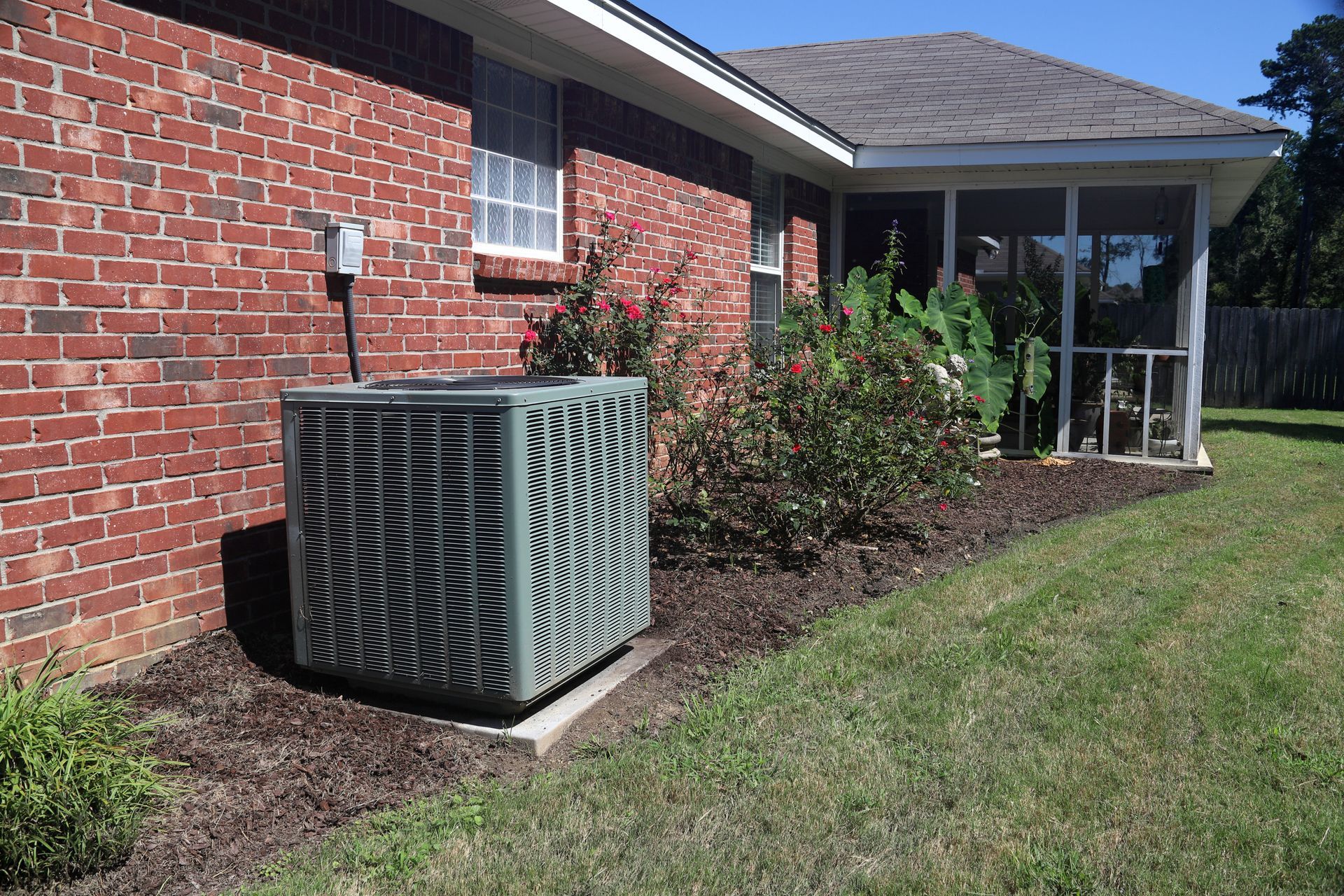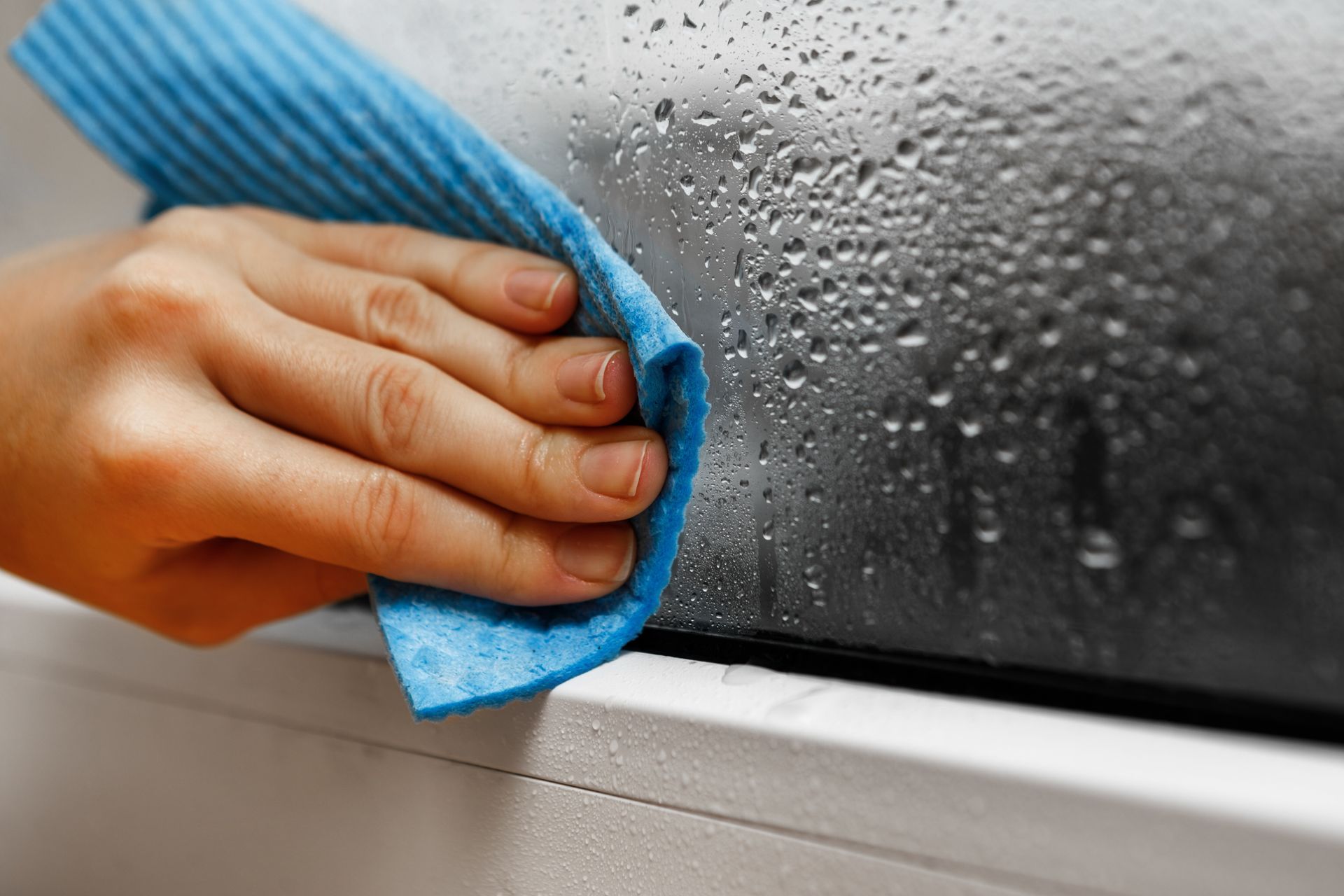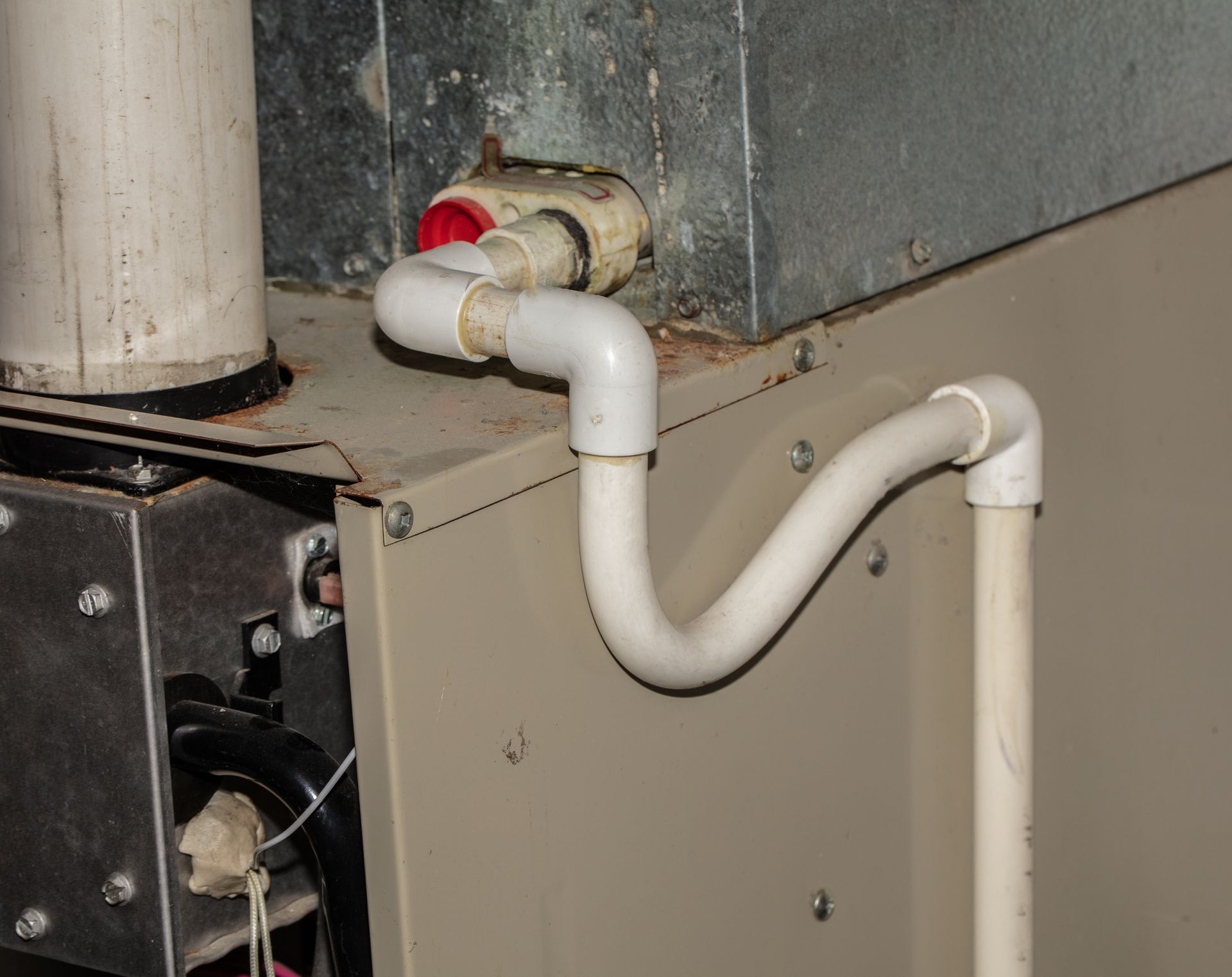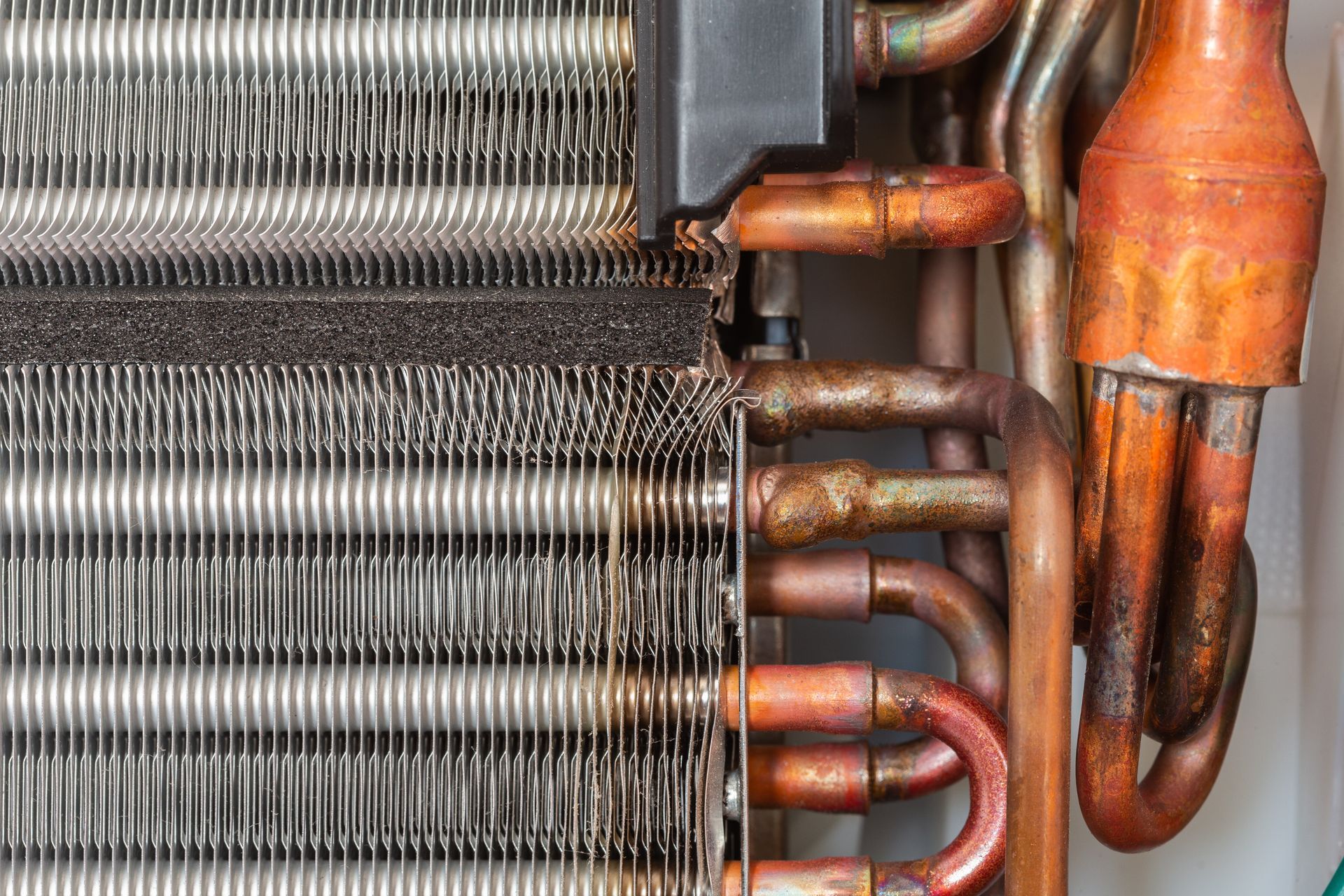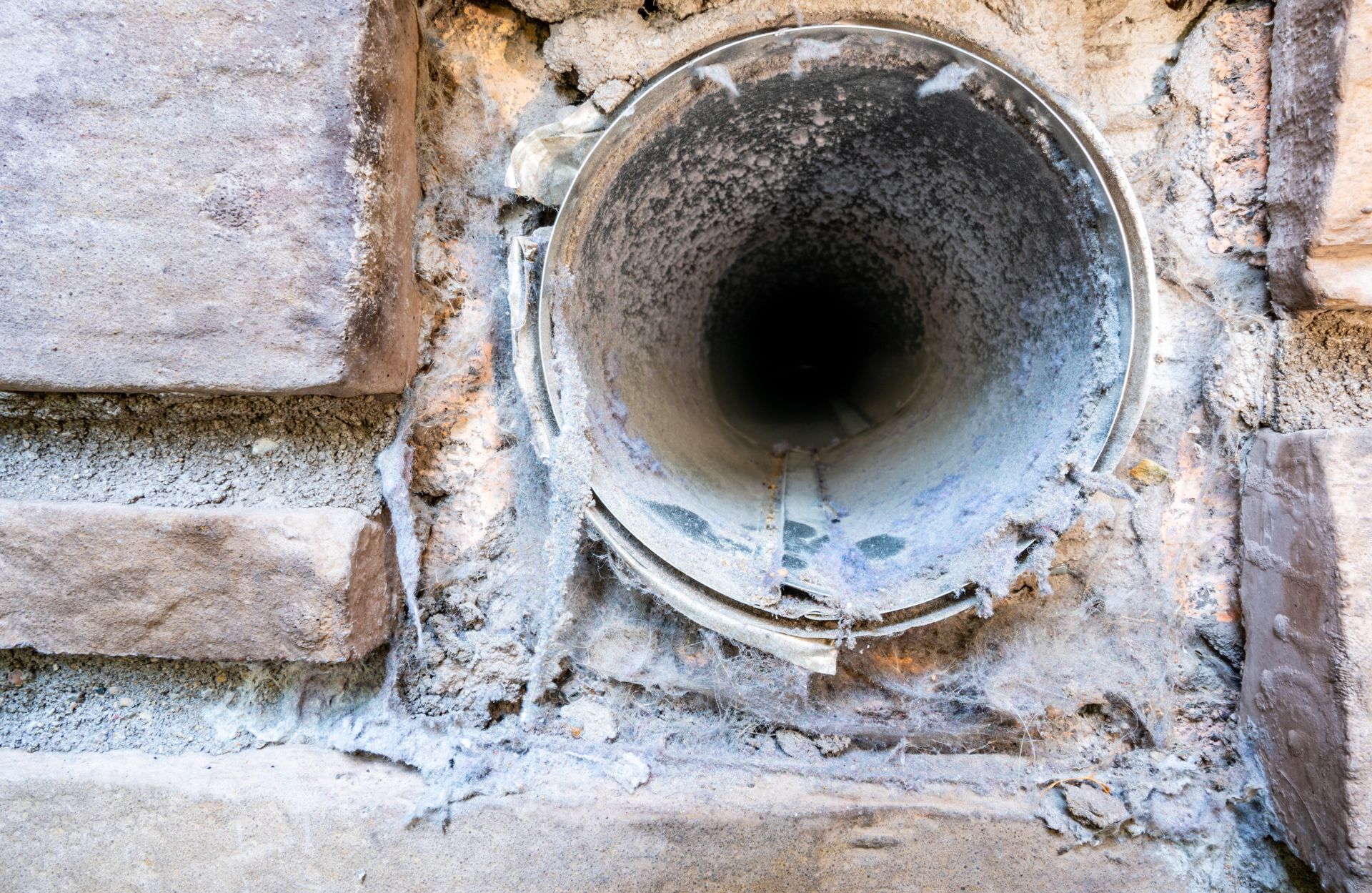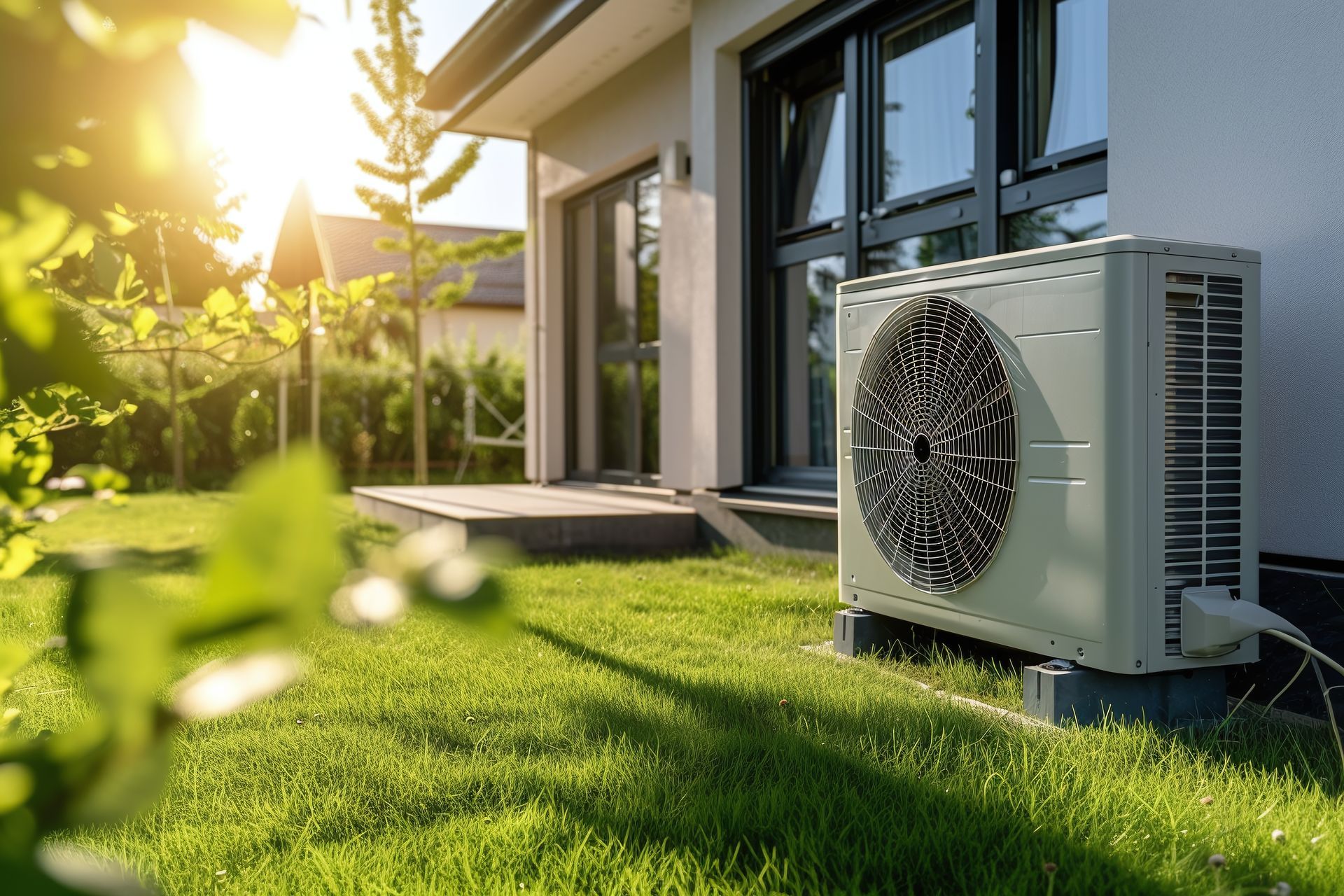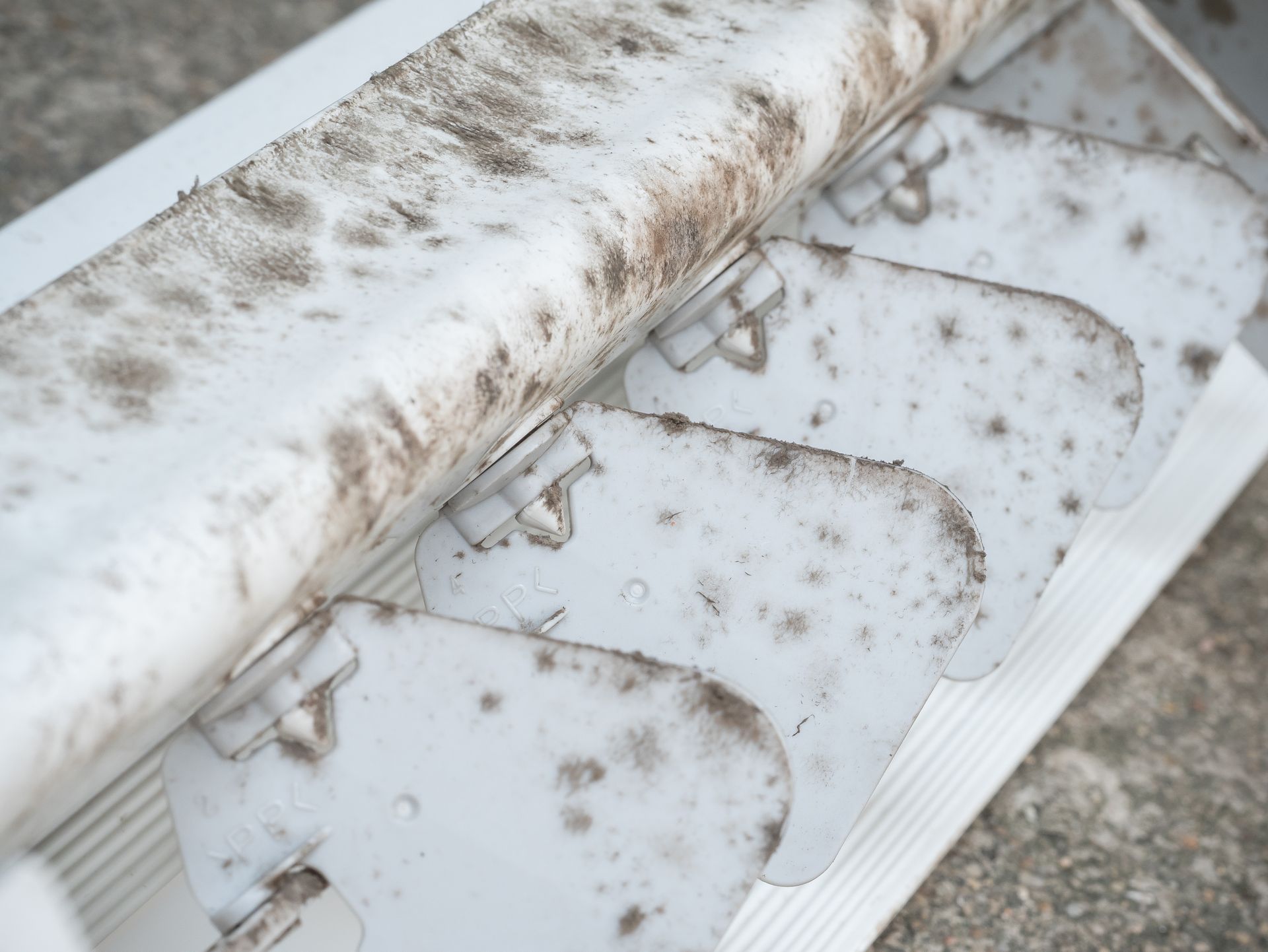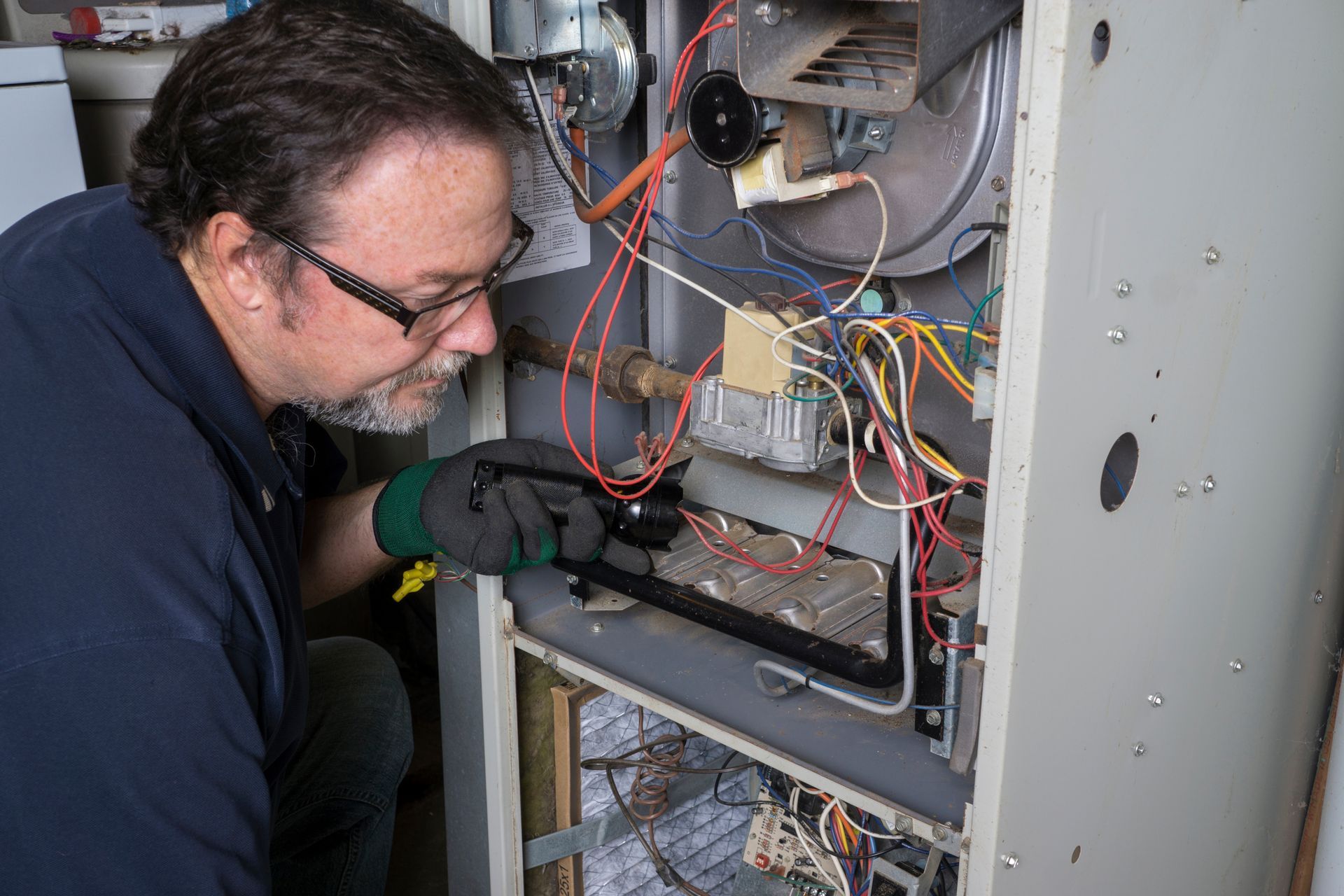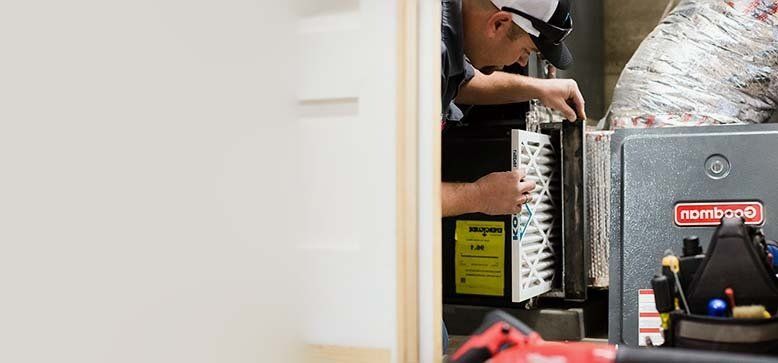Should You Cover Your AC Unit in the Winter?
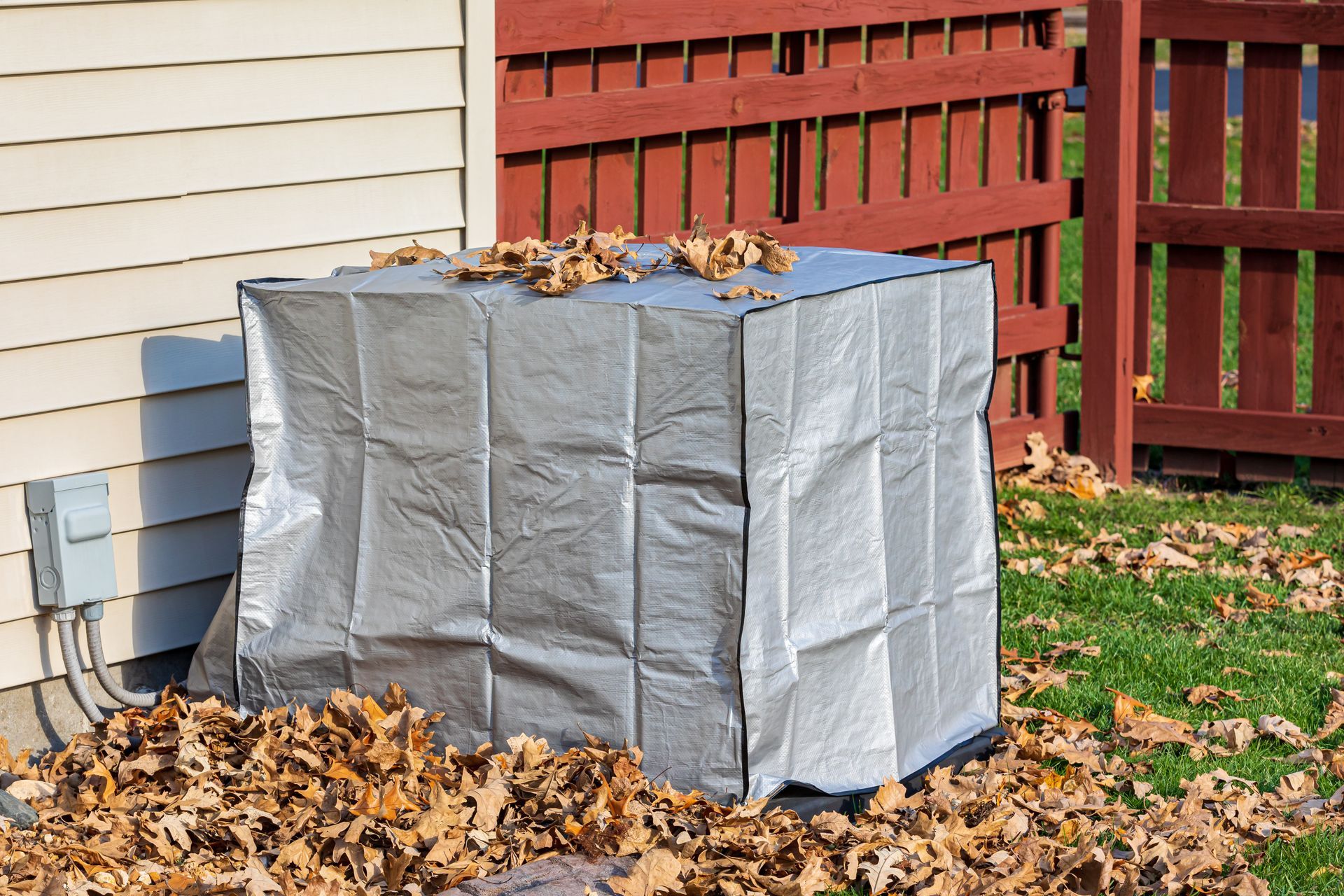
As the crisp autumn air settles in and homeowners begin preparing their homes for the colder months ahead, a common question arises: Should you cover your AC unit in the winter? This seemingly simple query has sparked debate among homeowners and HVAC professionals alike. While many believe that covering their outdoor air conditioner will shield it from harsh winter elements, the reality is more nuanced. The decision to cover or not cover your AC unit during its off season can significantly impact its performance and longevity. Understanding the pros and cons of this practice is crucial for maintaining your home's comfort systems year round and ensuring your AC unit is ready to perform efficiently when summer returns.
Reasons Why People Think Covering the AC During Winter is Needed
Many homeowners believe that covering their AC units during winter is a prudent measure to protect their investment. This notion stems from a desire to shield the unit from the harsh elements and potential damage that the colder months might bring. The reasoning behind this practice often includes several perceived benefits:
- Protection from debris
- Prevention of moisture buildup
- Shielding from snow and ice
- Deterring small animals and pests
- Maintaining the unit's efficiency
- Avoiding potential electrical issues
While these concerns seem logical at first glance, it's important to understand that modern AC units are designed to withstand outdoor conditions all year round. Manufacturers have engineered these systems to be resilient against various weather conditions, making additional coverage often unnecessary and potentially counterproductive.
Why You Shouldn’t Cover Your AC Unit During the Winter
Contrary to popular belief, covering your AC unit during winter is generally unnecessary and can even be detrimental to its performance and longevity. Covering your AC unit can create unintended consequences that may compromise its functionality and potentially lead to costly repairs.
The Elements Don’t Hurt Your AC Unit
Air conditioning units are engineered to withstand the rigors of year round outdoor exposure, making additional winter protection largely unnecessary. The robust design of these systems incorporates durable materials and finishes specifically chosen to resist the elements, from scorching summer heat to freezing winter temperatures. The condenser unit is often the primary concern for homeowners, but it is constructed with a weather resistant outer casing that effectively shields its internal components from rain, snow, sleet, and hail. Even the more delicate internal parts, such as the coils, are designed to endure extreme temperature fluctuations without compromising their functionality. This inherent resilience ensures that your AC unit can maintain its integrity and performance capabilities throughout the year, regardless of the seasonal challenges it may face.
Covers Allow Moisture Buildup and Cause Mold
While well intentioned, covering your air conditioning unit during winter can inadvertently create an environment conducive to moisture accumulation and mold growth. The cover is intended to protect against external elements, but it often traps humidity and condensation within the unit which creates a stagnant, damp microclimate instead. This enclosed space becomes an ideal breeding ground for mold and mildew, which can proliferate rapidly in the absence of proper air circulation. Ironically, the very measure meant to safeguard your AC unit can end up causing more harm than good, which shows the importance of allowing these systems to breathe and naturally expel moisture as they're designed to do.
Covers Can Result in Rust
Counterintuitively, covering your AC unit can accelerate rust formation rather than prevent it. The cover creates a barrier that traps moisture against the unit's metal surfaces which promotes oxidation and corrosion over time. The trapped moisture that is unable to evaporate naturally leads to significant damage to the unit's critical components which can potentially shorten its lifespan and reduce its efficiency.
Covers Provide Shelter for Animals
While homeowners often cover their AC units with the intention of deterring wildlife, this practice can ironically create an attractive shelter for small animals seeking warmth during winter months. The enclosed space beneath the cover provides an ideal nesting site for rodents, insects, and other critters. These uninvited guests may cause significant damage by chewing on wires, insulation, or other critical components resulting in costly repairs or even system failure when you need your AC most.
May Void AC Unit Warranty
Covering your AC unit during winter could have unintended consequences beyond physical damage, potentially jeopardizing your warranty coverage. Many manufacturers explicitly advise against using covers as they can interfere with the unit's designed functionality and natural ability to withstand outdoor conditions. Before deciding to cover your AC unit, it's crucial to review your warranty terms, as this seemingly protective measure could inadvertently void your coverage and leave you financially responsible for any future repairs or replacements.
You Have a Heat Pump That Requires the AC Unit to Be Uncovered
If your HVAC system includes a heat pump, it's essential to keep the outdoor unit uncovered throughout the winter months. Heat pumps function year round by extracting heat from the outside air to warm your home during colder seasons. This requires unobstructed access to ambient air. Covering a heat pump can impede its operation, reduce efficiency, and potentially lead to system damage, negating the benefits of this versatile heating and cooling solution.
When it Does Make Sense to Cover Your AC Unit
While covering your AC unit during winter is generally unnecessary, there are specific scenarios where it might be beneficial. The primary consideration is the unit's immediate environment and local weather patterns. However, it's crucial to approach covering with caution and consider the following factors:
- Tree Proximity: If nearby trees pose a risk of debris accumulation, a cover can help maintain cleanliness.
- Icicle Hazard: For units located under roof sections prone to large icicle formation, a cover can prevent damage to the fan and other components.
- Cleanliness Maintenance: In particularly dusty or polluted areas, a cover might help keep the unit cleaner for longer periods.
- Extreme Precipitation: In regions with excessive rainfall or snowfall, a cover can mitigate the effects of freeze thaw cycles and moisture accumulation.
It's important to note that if you decide to cover your AC unit, opt for breathable materials that allow air circulation to prevent moisture buildup. Additionally, regular maintenance and inspection, particularly before the cooling season begins, remain crucial regardless of whether you choose to cover your unit.
How to Properly Cover Your AC Unit
If you decide to cover your AC unit during winter, it's crucial to do so properly to avoid potential damage. The key is to cover only the top of the unit, leaving the sides exposed to allow for proper air circulation and prevent moisture buildup. Opt for a breathable, water resistant material specifically designed for AC units to ensure it provides protection without trapping humidity that could lead to corrosion or mold growth.
Buy an AC Unit Cover
For those who opt to cover their AC unit during winter, purchasing a dedicated AC unit cover can be a convenient solution. When selecting a cover, it's crucial to prioritize a top only design that allows for adequate ventilation while still protecting against falling debris. Look for covers made from breathable, water resistant materials that prevent moisture accumulation while shielding the unit from the elements. Before making a purchase, carefully measure your AC unit to ensure a proper fit, as ill-fitting covers can be ineffective or even detrimental. While standard sizes like 32" x 32" are common, units can vary, so accurate measurements are essential. Quality covers are readily available from online retailers and home improvement stores, typically ranging from $20 to $40, making them an affordable option for those seeking added protection for their AC units.
Use an AC Cover Attachment
An alternative to traditional AC covers is the use of specialized AC cover attachments. These innovative accessories are designed to attach directly to the top of your unit, offering targeted protection without compromising ventilation. Unlike full covers, these attachments create a strategic barrier against falling debris while simultaneously allowing airflow around the unit. They often feature sloped designs that help redirect water and prevent accumulation on the unit's surface. This approach strikes a balance between protection and allowing the AC unit to "breathe," which is designed to reduce the risk of moisture related issues. Before investing in an attachment, it's advisable to consult your AC unit's manufacturer to ensure compatibility and explore any specific all weather protective options they may recommend for your particular model.
Build an AC Unit Shelter
For homeowners seeking a more robust and long term solution to protect their AC units, building a custom shelter can be an effective option. This approach involves constructing an overhead structure that shields the unit from falling debris such as leaves, twigs, and seeds, while still allowing for ample air circulation. Unlike traditional covers, a well-designed shelter provides year round protection without the risk of trapping moisture or inhibiting the unit's natural ability to expel heat and humidity. The open sided design of such structures maintains the necessary airflow around the AC unit which helps deter rodents and other pests from nesting while simultaneously safeguarding against larger debris. When planning an AC unit shelter, it's crucial to ensure adequate clearance on all sides for proper functioning and easy access for maintenance.
How to Prepare Your AC Unit for Winter
Preparing your AC unit for winter is a crucial step in ensuring its longevity and optimal performance, regardless of whether you choose to cover it or not. The primary focus should be on thorough cleaning and inspection of the unit before the cold weather sets in. Start by carefully removing any accumulated debris such as leaves, pine needles, twigs, or potential animal nests from both the interior and exterior of the unit. This debris can impede airflow, trap moisture, and potentially cause damage to internal components if left unaddressed. After cleaning, inspect the unit for any signs of wear, damage, or loose connections that may have developed over the active season. Ensure that the unit is level and that the concrete pad it sits on is stable and free from cracks or shifts that could affect the unit's positioning. Additionally, consider trimming back any nearby vegetation to maintain proper clearance around the unit to reduce the risk of debris accumulation and potential damage from falling branches during winter storms.
Other Ways to Protect Your AC Unit
While covering your AC unit entirely may not be advisable, there are several effective ways to protect it from harsh winter conditions without compromising its functionality. The key is to strike a balance between safeguarding the unit and allowing it to breathe naturally. Here are some recommended strategies to protect your AC unit during the winter months:
- Plywood Shield: Place a piece of plywood on top of the unit, secured with bricks or rocks. This simple barrier protects against falling ice and heavy snow accumulation without trapping moisture.
- Awning Extension: If feasible, extend an existing awning to cover the unit. This should provide overhead protection while maintaining open sides for air circulation.
- Strategic Landscaping: Plant trees or shrubs around the unit's perimeter to act as a windbreak to reduce the impact of harsh winds and blowing snow. However, ensure proper clearance is maintained for optimal airflow.
- Permanent Shelter: Consider building a permanent shade or shelter over the unit for year round protection against extreme weather conditions.
- Professional Inspection: Schedule a winter inspection with an HVAC professional to address any potential issues before they escalate.
By implementing these protective measures, you can significantly reduce the risk of winter related damage to your AC unit without resorting to full coverage that could lead to moisture related problems. Remember, the goal is to protect the unit from direct exposure to severe weather while still allowing it to "breathe" and naturally expel any moisture that may accumulate.
What About Window AC Units? Should They Be Covered?
Window AC units require a different approach to winter protection compared to their outdoor counterparts. Unlike central air conditioning systems, window units are not designed to withstand year round exposure to the elements. The most effective way to safeguard these units is to remove them from the window entirely when the cooling season ends. This practice not only protects the unit from harsh winter conditions but also prevents cold air infiltration through gaps around the unit, improving your home's energy efficiency during heating months. If removal is not feasible, consider using a specially designed breathable cover that fits snugly around the exterior portion of the unit while leaving the interior exposed. This allows for some protection against snow and ice accumulation without trapping moisture that could lead to mold growth or component damage. Additionally, sealing any gaps around the unit with weather stripping can further reduce drafts and potential moisture ingress, ensuring both the unit's longevity and your home's comfort during colder months.
Should You Even Run Your AC Unit in the Winter?
Operating your air conditioning unit during winter months is generally not recommended and can potentially lead to significant damage and inefficiency. The core components of AC systems, particularly the outdoor condenser unit, are engineered to function optimally in warmer temperatures. When exposed to freezing conditions, the oil based lubricants used in the compressor can thicken or even solidify, severely impairing the unit's ability to operate smoothly. This increased viscosity forces the compressor to work harder, resulting in higher energy consumption and accelerated wear and tear on vital components. Furthermore, the dramatic temperature differential between the refrigerant and the outdoor air can cause condensation to freeze on the coils, potentially leading to ice buildup and system failure. Instead of running your AC in winter, it's more efficient and safer to rely on your heating system by adjusting the temperature as needed for comfort. If you find your home uncomfortably warm during milder winter days, consider natural ventilation or using fans to circulate air rather than risking damage to your AC unit.
Contact Greener Solutions if You Are in Need of AC Winterization Help
As winter approaches, ensuring your AC unit is properly prepared for the colder months is crucial for maintaining its longevity and efficiency. While many homeowners can handle basic winterization tasks, some situations may require professional expertise. If you're unsure about how to best protect your specific AC model, or if you encounter any issues during the winterization process, don't hesitate to reach out to the experts at Greener Solutions. Our experienced technicians can provide tailored advice, perform thorough inspections, and address any concerns you may have about your AC unit's winter readiness. By entrusting your HVAC system to professionals, you can enjoy peace of mind knowing that your AC will be in optimal condition when warmer weather returns. Contact Greener Solutions today to schedule a winterization checkup and ensure your AC unit is properly cared for throughout the colder months.
AC Cover FAQs
Do you need to cover AC unit in winter?
Generally, covering your AC unit during winter is not necessary and can potentially cause more harm than good. Modern AC units are designed to withstand outdoor conditions year round, and covering them can trap moisture, leading to rust and mold growth. However, if your unit is in an area prone to heavy debris fall or large icicle formation, a breathable top cover or custom shelter might be beneficial, but it's crucial to ensure proper ventilation.
How do you protect an air conditioner in the winter?
To protect your air conditioner in winter, focus on keeping it clean and free from debris. Remove leaves, twigs, and other objects from the unit, trim back nearby vegetation, and ensure proper drainage around the base. If you live in an area with extreme winter conditions, consider installing a breathable top cover or building a simple shelter that protects from heavy snow while still allowing air circulation.
Do outdoor AC units need to be covered?
Outdoor AC units generally do not need to be covered during winter, as they are designed to withstand various weather conditions. Covering the unit can actually lead to problems such as trapped moisture, mold growth, and rust formation. However, in areas with heavy snowfall or excessive debris, a breathable top cover or custom shelter might be beneficial, but it's crucial to maintain proper ventilation around the unit.
Does covering your AC unit help?
Covering your AC unit typically doesn't provide significant benefits and can potentially cause harm. While it may protect against some debris, full covers can trap moisture, lead to rust, mold, and even create a haven for pests. Instead of covering the entire unit, focus on regular cleaning, proper drainage, and consider a breathable top cover or custom shelter only if you live in areas with extreme winter conditions.

